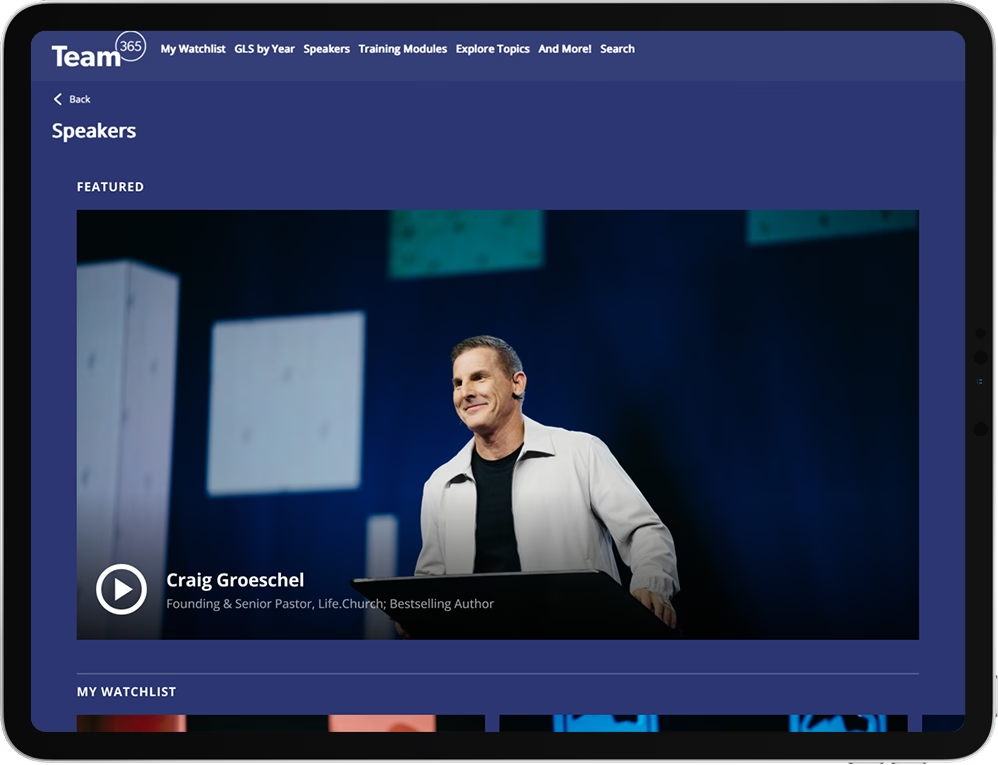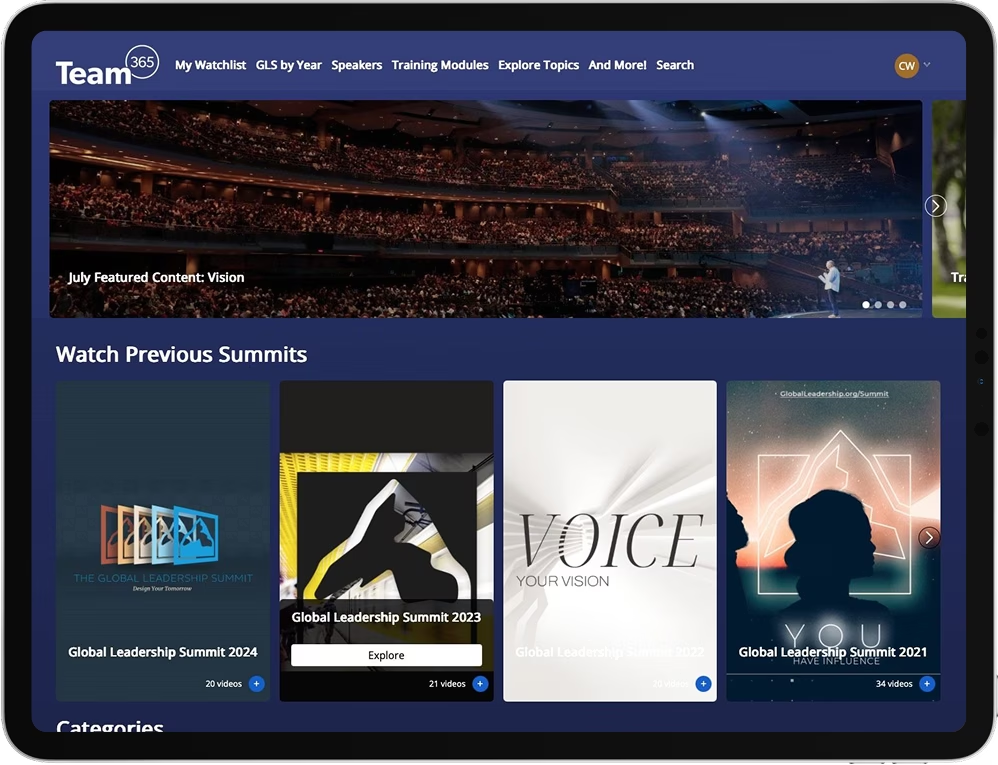Hearing about our shortcomings can be empowering . . .
Nobody has 20/20 vision on how their behavior affects others – and nobody enjoys hearing about their weaknesses or shortcomings. Thus, it can be a painful experience when others give us feedback – whether it is designed to help or hurt. Depending on our level of confidence or insecurity, we may interpret any mention of our need to improve as a confirmation or proof of our worst fears – that we are lacking in something. However, if we are going to walk in the confidence it takes to live our best lives, we must learn how to benefit from such input.
Try these four strategies for responding to not-so-pleasant feedback:
- Do not interrupt the confronter with an explanation or excuse for your behavior. Relax. Let your body language indicate that you are intent on hearing all the person is saying to you. Avoid smirking, rolling your eyes, or seeming skeptical of what is being said. Instead, try nodding your head, which simply says, “I hear you”and not “I agree”), looking the person in the eyes and asking clarifying questions. This will encourage the constructive confronter to relax and not to struggle to find the right words to keep from offending you. Most of all, don’t focus on how you will respond; just listen. Intently. Listen to discern hidden motives. Some people simply enjoy being critical and can only feel good about themselves when they diminish others.
- Look for the kernel of truth. There is usually some smidgen of truth in the criticism – especially when you hear it from more than one person. Resist being defensive. Know that defensiveness is usually a way of resisting the pain of the truth. Never be afraid of the truth; it will set you free if you embrace it.
- Learn new ways to behave. Ask the confronter for suggestions on how to improve. Being teachable demonstrates emotional maturity, humility and wisdom. There is an old proverb that says, “Instruct a wise man and he will be wiser still.”
- Leave “groundless” criticism behind. Simply say, “Thank you for your input.” You must handle feedback much like you eat bony fisth; you eat the flesh (useful) and leave the bones (useless). Don’t spend time rehearsing the encounter afterward. Remember that nobody can please everybody so you have to respond “like a duck.” No matter how much water you pour onto a duck’s back, it simply rolls off.
Resolve now that you will not let constructive or destructive criticism make you resentful, zap your confidence, or steal your joy. Rather, resolve to use it as a stepping stone to a bright future.
Related

How One Church Is Reshaping the Story of Its Town

50 Turn-Down Techniques You Can Use Today When Your Broken Soundtracks Get Loud

Narcissism vs. Humility in Leaders
.jpg)
Leading the Spark: 5 Books on the Intersection of Creativity and Leadership

“Thank You for Seeing Us as People”: Leadership and Hope Inside Graham Correctional Center

The Tech CEO who sold his home to live with the formerly homeless
Leadership That Lasts
Team365 isn’t just a platform. It’s a commitment to grow, lead and live with purpose — every single day. Whether you’re here for content, community or clarity, you’re in the right place. Your leadership matters. Let’s keep going.





